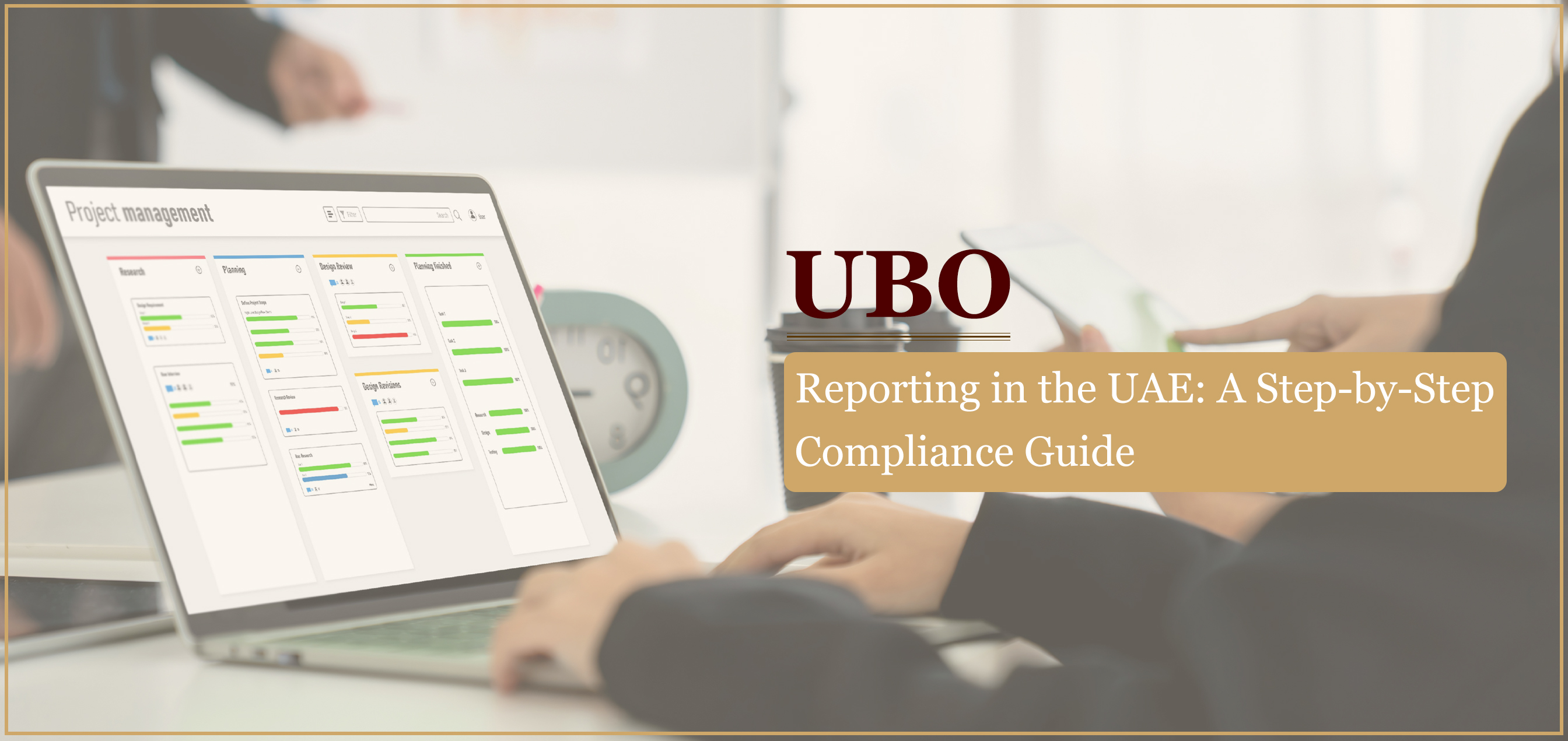Introduction:
UAE has been working on its strategies to combat Illegal funding of organizations and money laundering activities and comply with FATF standards (Financial Action Task Force). In its mission to achieve this objective, Financial Intelligence Unit (FIU) was established under CBUAE (Central bank of UAE) to regulate and monitor entities that are/ most likely to be impacted/involved directly or indirectly in aiding such activities in the economy.
In this effort, Federal Decree-law no. 20 of 2018 on Money Laundering and financing terrorism and criminal organizations were introduced, which revoked previously issued Federal Decree-Law no. 4 of 2002.
Therefore, it is essential to note that all regulated entities, including financial institutions (FIs) and the Designated Non-Financial Businesses and Professionals (DNFBPs), must implement robust anti-money laundering and Counter-Terrorist Funding policies and controls within their activities and document them.
UAE has developed the following AML CTF framework:
What is Money Laundering?
Money Laundering is a grave financial crime. It has three essential phases; all regulated entities need to look for specific indicators that might hint towards an activity being suspicious and need monitoring/investigation.
As per the Ministry of the economy[1], “Money laundering is defined as any financial or banking transaction aimed at concealing or changing the source of illegally obtained funds, bypassing it through the financial and banking system to make it appear as originating from legitimate sources, and then re-pumping and investing it illegally.”
The three phases include:
- Placement: Deposit Criminal proceeds into financial systems.
- Layering: Conceal the criminal origin of proceeds.
- Integration: Create an Apparent legal origin for criminal proceeds.
The Decree-Law defines a culprit of a money-laundering offense as any person who is aware that the money was originated from a felony or misdemeanor and intentionally commits one of the following acts:
- Transmitting or carrying proceeds of crime with intent to cover up or mask its illicit source
- Obscuring or cloaking the true nature, origin, location, way of disposition, movement, or rights related to any proceeds or the ownership thereof
- Acquiring, possessing, or using such proceeds
- Aiding the offender of the predicate offense to escape penance.
Regulated Entities:
- Financial Institutions (FIs)
- Designated Non-Financial Businesses and Professionals (DNFBPs)
To describe which activities fall under the above criteria.
All FIs and DNFBPs registered in UAE have certain obligations that need to be fulfilled to avoid violating laws and regulations, including
- Firstly, it is essential to register on the goAML system.
- FIU develops GoAML System to make suspicious transaction/activity reporting more convenient for the regulated entities. For detailed information and guidance regarding registration.
- Secondly, appoint an independent and qualified Compliance officer.
- Develop strong internal controls, policies, and procedures, including
- Know your Customers (KYC)/Employees
- Sanctions Screening
- Training and monitoring
- Customer due diligence,
- Risk management procedures
- Reporting Suspicious transactions
- Register in the automatic system for reporting the sanctions list
Ministry will conduct regular inspections of all DNFBPs to assess how these obligations are fulfilled and what measures are taken to ensure compliance and violations are penalized.
The policies and procedures that should be implemented can be categorized as follows:
As we know, Control and planning need to be conducted side by side, as planning without Control is unlikely to be effective and Control without proper planning.
So DNFBPs are expected to ensure that they plan appropriate controls and procedures to overcome the threat of money laundering or illegal financing activities and monitor them regularly to ensure they are implemented and updated whenever required.
We can assist you in fulfilling these obligations with our expertise and experience.
Others


.jpg)
.jpg)
